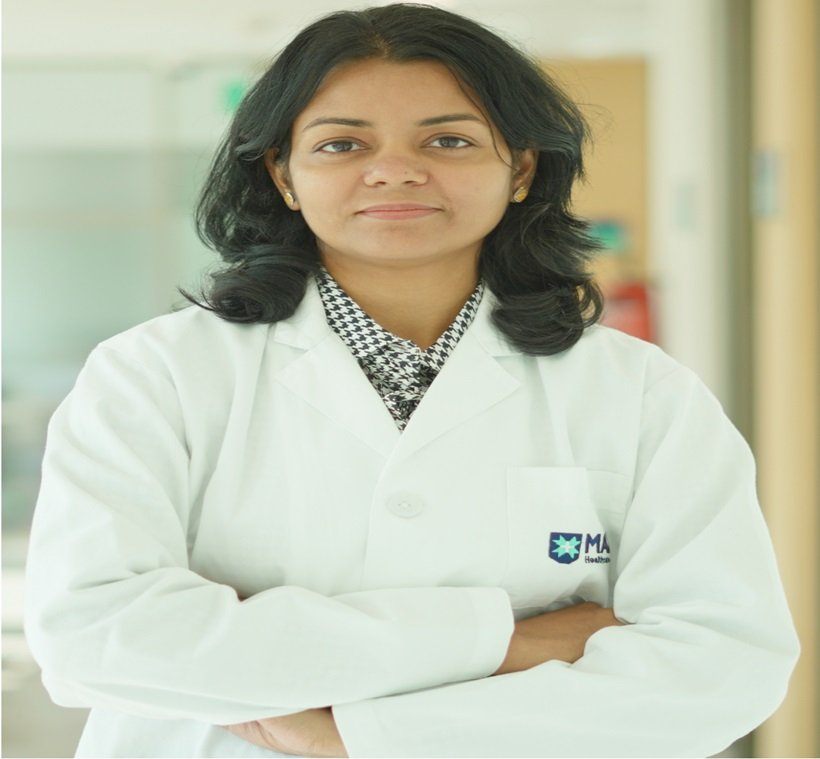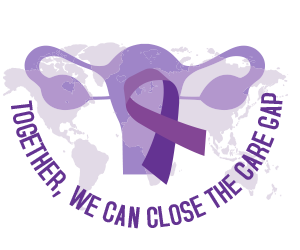Genetic Testing Counselling
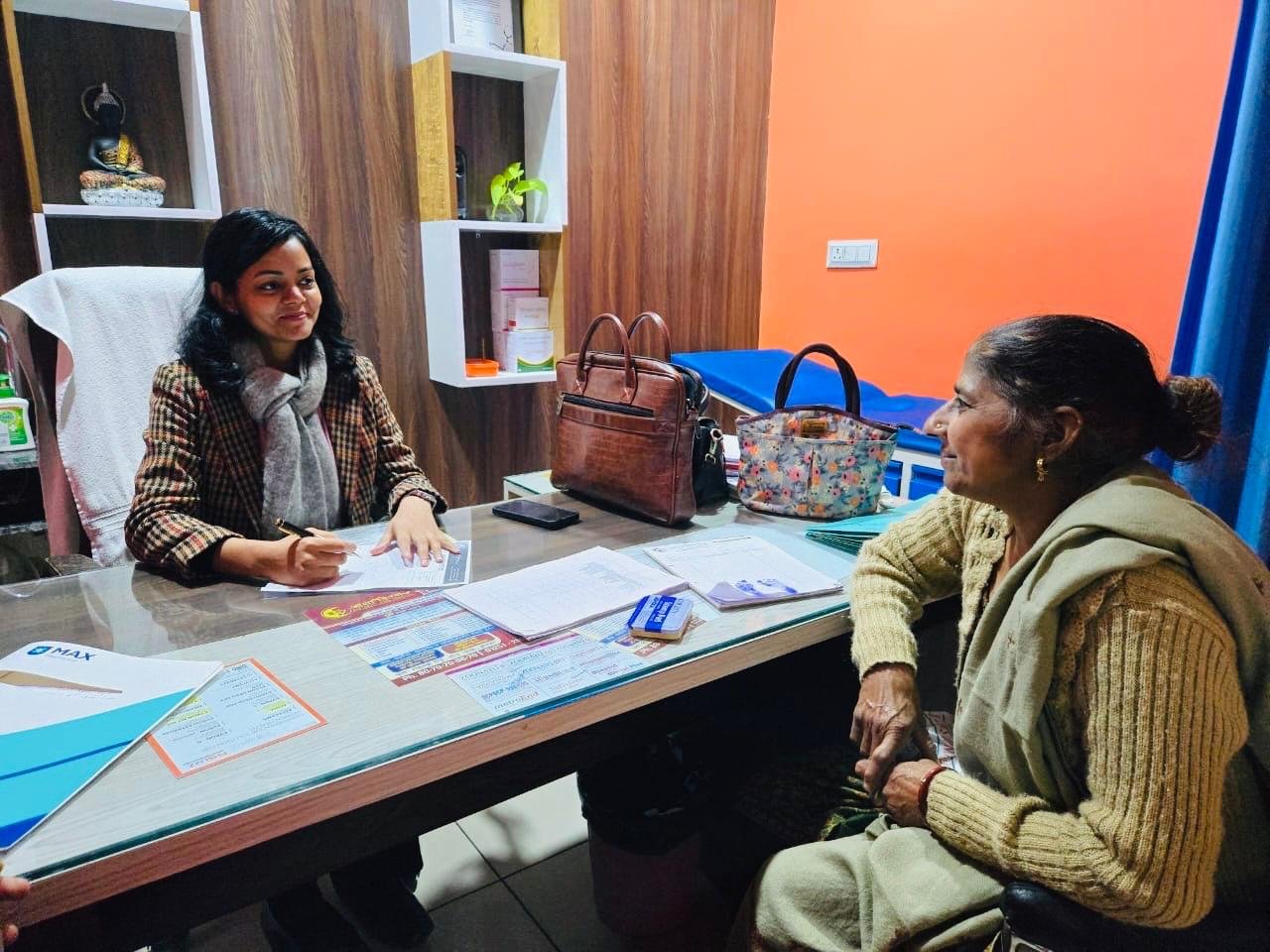
Genetic Counselling and Testing for Gynaecologic Cancers: Importance, Benefits and Risks
Approximately 10-15% of cancers have a genetic or a hereditary basis. It means they are caused by changes in the genes which are inherited. Most cancers are caused by two hits or damages in the genes or DNA. In genetic cancers, one hit or damage is already present at birth, hence the lifetime risk of getting a certain cancer is much more than in a normal person. For example, a girl born with an inherited BRCA mutation has a lifetime risk of 90% for developing breast cancer; 70-80% risk for getting ovarian cancer, 10-15% risk for getting pancreatic cancer and 2-3% risk for developing uterine cancer.
Similarly a girl born with Lynch syndrome (MMR deficiency) has a lifetime risk of 80-90% of getting a uterus or colon cancer. These cancers occur 15-20 years earlier than in a normal person and in one person there is a risk of several other cancers in lifetime thereby making it important to identify early. There are options like medicine and surgery to decrease the risk of getting these cancers. There is also an option of early detection through techniques such as MRI, mammography, colonoscopy and biopsy to diagnose these cancers early. Also in women who are already diagnosed with a genetic cancer there are newer drugs which have a superior effect in such tumors.
Genetic counselling and testing becomes a key health service in such cancers. It lets people grasp their genetic risk of these cancers or the genetic makeup of the cancer and decide wisely on health and family matters. Medical genetics is getting more advanced and thereby the need for genetic counselling is increasing worldwide and in India. Places like Delhi have specialist centres and experts who give full services. They equip people with understanding, emotional encouragement, and practical health plans for improved results for them and for family members.
Book an Appointment
What is Genetic Testing?
Genetic tests, simply put, take a close look at DNA, genes, and chromosomes. Their aim? To spot any possible inherited conditions or risk calculation. If your family has had certain cancers particularly Breast, Ovary, Bowel, Pancreatic, or Uterine cancers and you're worried about your kids inheriting the same cancer, these tests can be super helpful. They guide you with critical info about the genetic makeup of your cancer or your genetic health for making smart choices about medical treatment and childbearing options.
Types of GeneticTests
- Diagnostic Genetic Tests
- These exams find the gene-related reasons for particular signs or diseases. They're typically used for some kinds of cancer, like breast, ovary, uterus, colon and pancreatic cancer helping with exact diagnosis and creating a treatment plan.
- Carrier Screening
- Screening checks for carrier status. It can identify if there are genes for a hereditary issue in a person, even if they don't show signs of it now Tests like these are typically for checking if the genetic cancer gene is passed on to the next generation. In families with a diagnosed genetic cancer running in a family member, this test is done on healthy individuals to see if they are carrying the same genetic makeup.
- Predictive and Presymptomatic Tests
- These exams measure a person's chance of getting genetic ailments later on. They're often used to weigh up the danger of developing inherited cancers, letting individuals take steps to avoid them in advance.
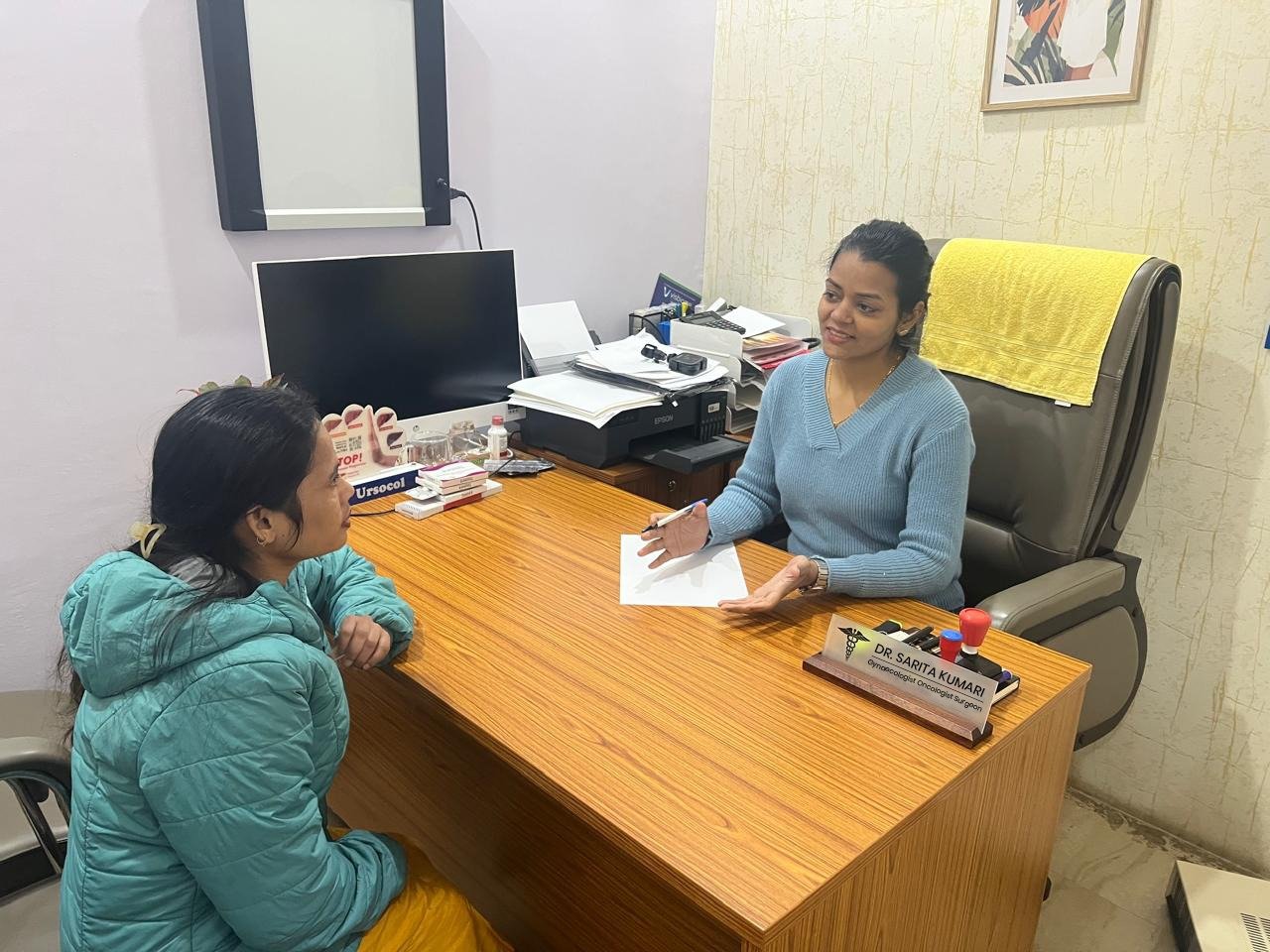
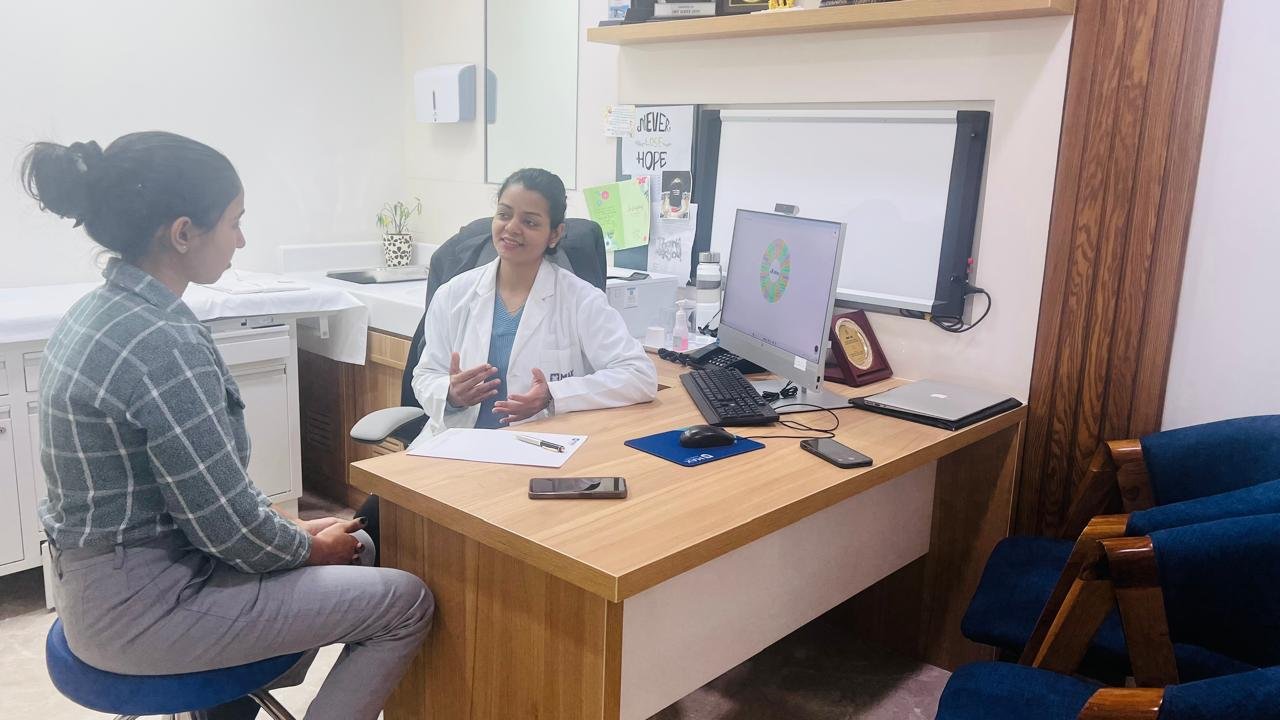
Importance of Genetic Counseling
Genetic counseling is a key part of today's healthcare. It gives people knowledge about their genes to make smart choices for their health and family's future. It's not just about spotting risks though. It also helps with managing them and offers emotional help.
Why is Genetic Counselling Important?
- Risk Awareness and Management
Through genetic counseling, people and families can get to know their chances of having inherited health issues. This helps them take steps ahead of time to lessen the possible health problems. - Informed Family Planning
Knowing their genetic profiles, couples could decide when to plan a family. For example, in women with hereditary breast and ovarian cancer genes removal of both tubes and ovaries is advised after family completion and ideally before 40-45 years of age depending on the type of BRCA gene mutation. Similarly removal of breasts is also performed to decrease chances of developing cancer. In Lynch syndrome cases also, timely child bearing and removal of uterus and ovaries is advised by the age of 40 years. Early Detection and Prevention
With the help of genetic tests and guidance from a counselor, we can spot health conditions sooner. This allows for quick medical actions, leading to better health results. In women with hereditary breast and ovarian cancer genes, yearly breast MRI and/or mammograms are performed starting from 25 years of age to detect early cancers. In these women ultrasound of tubes and ovaries and blood tests like CA125 (tumor marker) is also useful to detect ovarian cancers in a timely manner. In women with Lynch syndrome, colonoscopy or bowel check starting from 25-30 years and yearly ultrasound of uterus along with biopsy is performed after 35-40 years of age for timely detection of colon and uterine cancers. - Emotional and Psychological Support
Handling genetic tests can be tough on your feelings. Genetic counsellor guides you, they help you deal with hard choices and keep your emotional health stable. - Personalized Medical Care
Genetic knowledge helps doctors direct the appropriate treatments, checks, and prevention plans that fit each person's special genetic makeup.
The Benefits of Genetic Counseling and Testing
1. Proactive Health Management
Genetic guidance lets people grasp their genetic propensities to cancer. The gained insights enable them to adapt preventative safeguards, plan routine checks, and get advanced medical treatments. They can curb risks and handle their well-being more efficiently.
2. Empowered Reproductive Decisions
Genetic counseling holds importance for couples planning a family. 3. Improved Emotional Well-being
Knowing about genetic risks can greatly lower worry and fear. A genetic counselor's help can bring clarity about possible health outcomes for people and their families. This clarity helps them make self-assured, knowledgeable choices. This mental comfort boosts mental health and lessens any unsure feelings about general health.
4. Broader Awareness of Family Health
Finding out about health risks through genetic counseling and testing can impact many family members. This knowledge can spark a group effort towards health in the family. It can inspire steps to avoid cancer and create better health plans for all family members
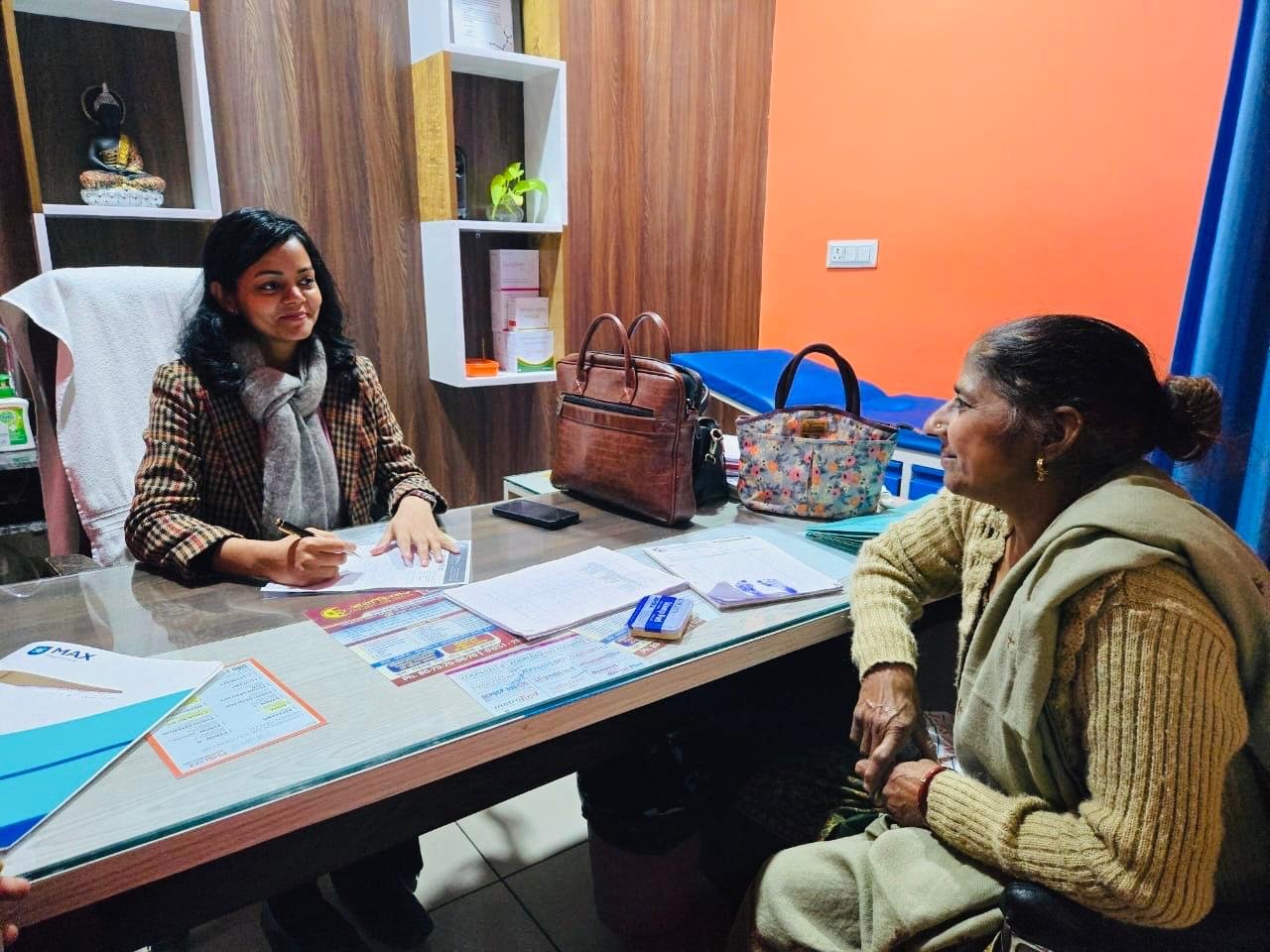
Book an Appointment
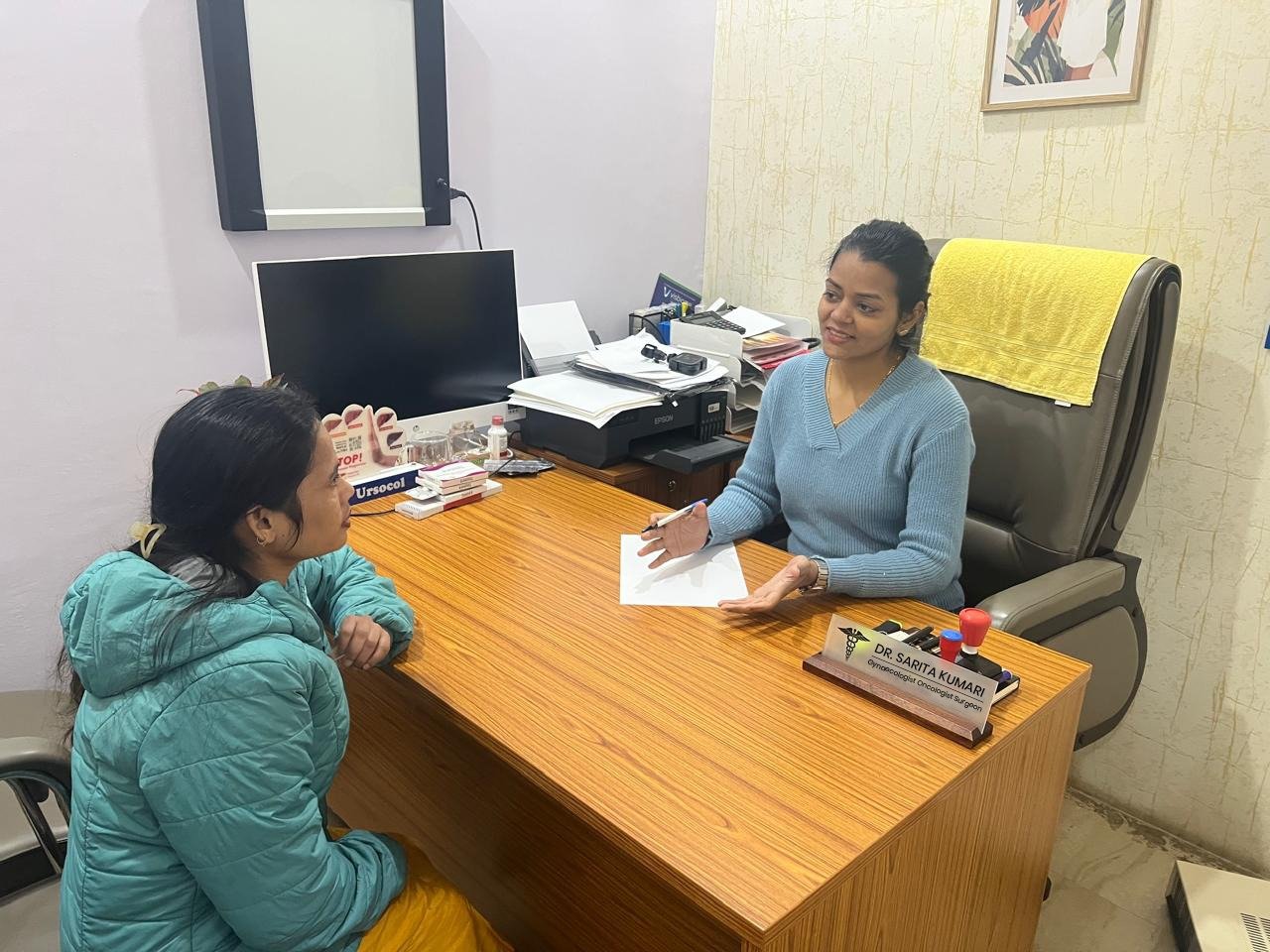
The Role of Genetic Counselors
The genetic counsellors help people and families understand genetic tests and what they mean. They're the go-to people between genetic science and unique, useful healthcare.
Key Responsibilities of Genetic Counsellors
- Risk Assessment :They check your personal and family health histories. This helps them to guess if any genetic cancer runs in your family.
- Educational Support : Genetics can be hard to understand. They make it easier for you, explaining your risks and choices in simple ways.
- Decision Assistance : With the help of your genetic test results, they give you insights you can act on. But your personal beliefs and choices always come first.
- Emotional Guidance : Discovering genetic risks can be scary. They offer mental support, helping you through the stress and uncertainty.
Qualifications and Expertise
Usually, genetic counselors have a master's degree in their field or something similar. Recognized groups, like the Indian Society of Genetic Counselling, give them certification. These counselors also keep learning to stay in the know about genetic advancements. Cancer professionals or oncologists can perform genetic counselling and testing.
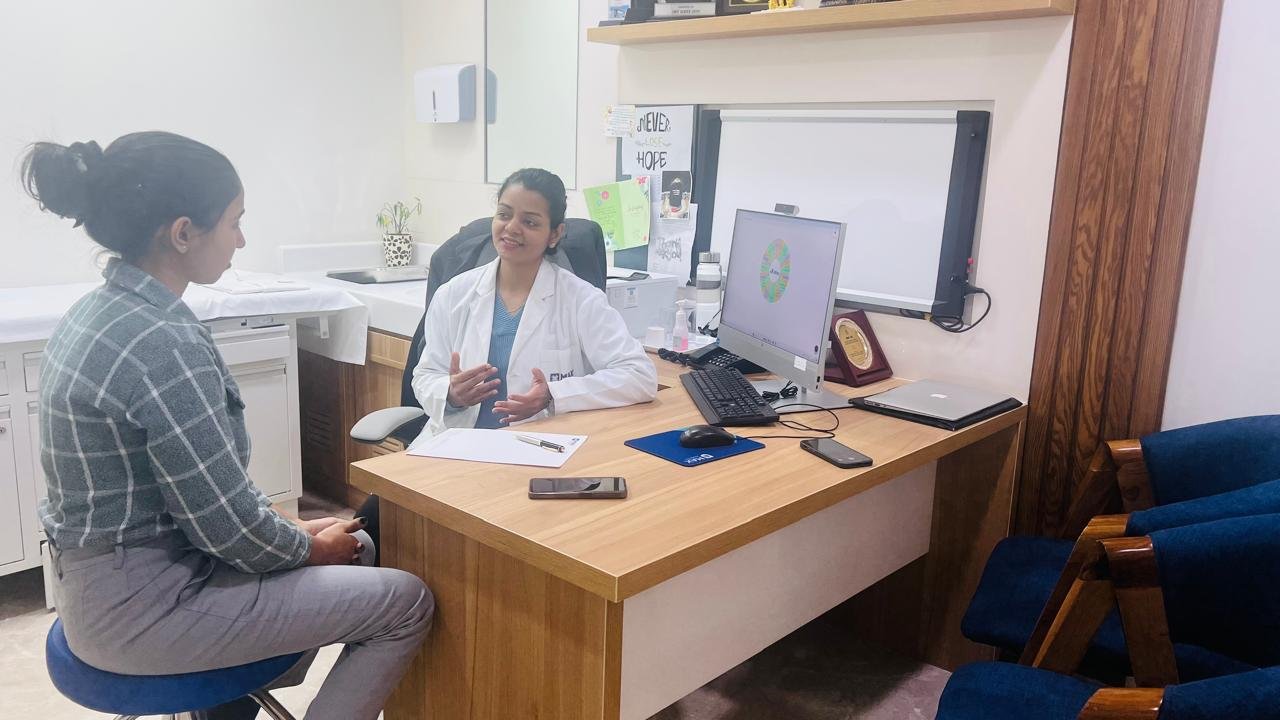
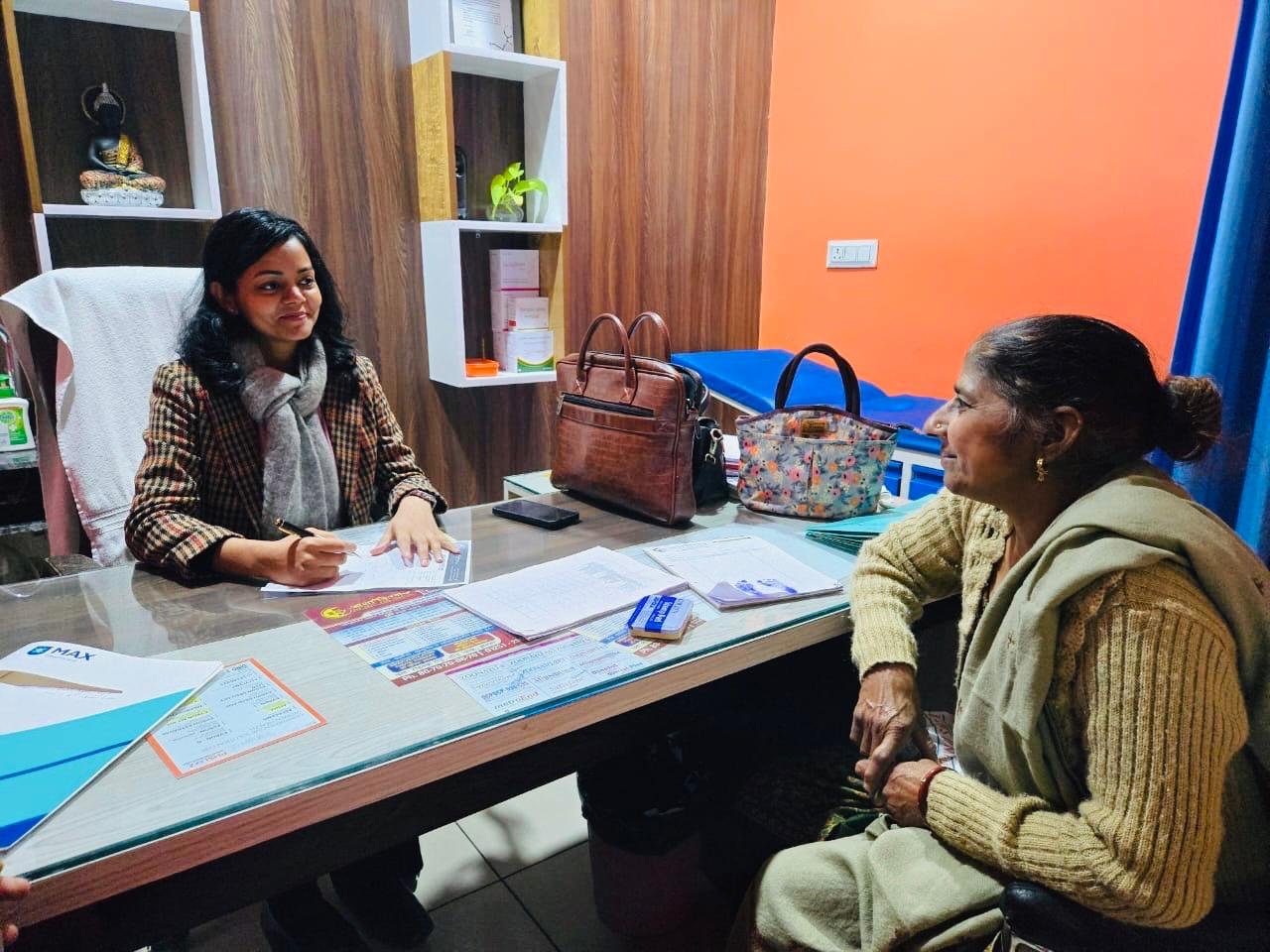
Genetic Tests in India
India has made significant strides in genetic testing, creating widespread access and affordability. Genetic tests assist people in comprehending hereditary cancers and gauging the possibility of transferring them to their descendants.
Popular Genetic Tests in India
- BRCA1 and BRCA2 Testing: Discover chances for breast and ovarian cancer, helping in preventive care.
- Lynch syndrome testing: Discovers chances for uterine and colon cancer, helping in preventing care.
- Whole Genome Sequencing: Shadows a person’s genetic map in detail, revealing cancer tendencies.
Book an Appointment
Why Choose Dr Sarita Kumari for the Best Genetic Counseling in Delhi, India?
Meet Dr. Sarita Kumari! The best genetic counselor in India. She's a big deal in the world of gynecological oncology and genetic counseling. She picked up her certificates like an MBBS, MD, and MCh in Gynecological Oncology, all from AIIMS, New Delhi. But she didn't stop there! Dr. Sarita Kuamri went global to learn new techniques for handling tough cancer cases. If you’re looking for a genetic testing counselor near me, she's a known go-to person for genetic counseling for gynaecological cancers
Why Dr. Sarita Kumari?
- Vast Experience: She's spent multiple years in genetic counseling, aiding many people in important choices.
- Specialized Knowledge: She provides an all-around view of genetic threats of cancer to her patients.
- Patient-Centric Approach: Dr. Sarita focuses on personalizing healthcare, making sure that each counseling meeting caters to the distinct requirements and anxieties of her patients.
- Accessibility: Dr. Sarita Kumari offers face-to-face consultations at Max Super Specialty Hospital, Dwarka, Sector 10, along with handy teleconsultation options for all of India.
Genetic counselling is a transformative service that empowers individuals with knowledge about their genetic health.
India, particularly Delhi, offers some of the best genetic counselling services and professionals like Dr. Sarita Kumari, making it a preferred destination for advanced genetic healthcare. Have a family member with breast or ovarian cancer? Or a history of gynae cancers in the family? Planning on genetic counselling? Connect with a certified specialist today. Control your genetic health and make smart choices for a healthful future
